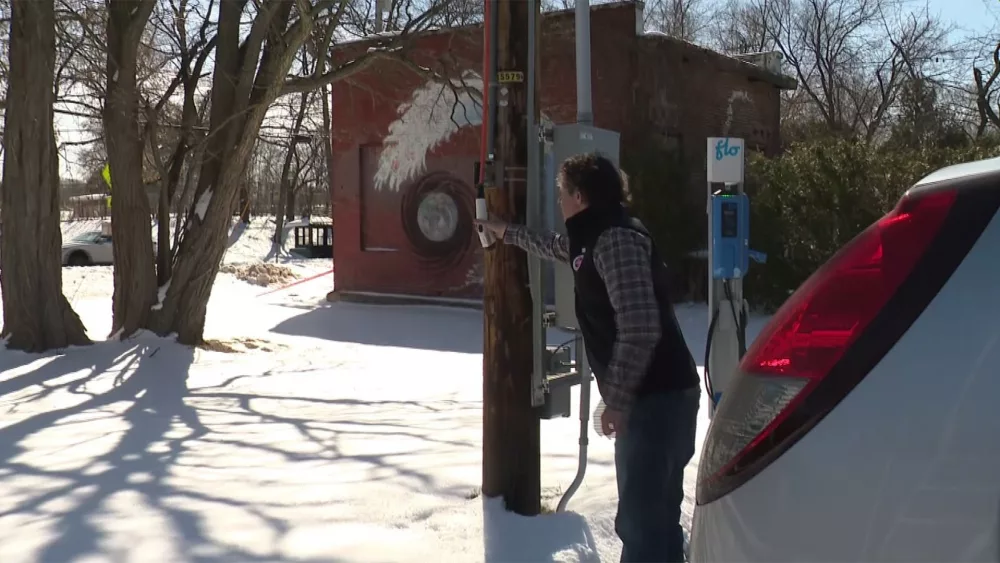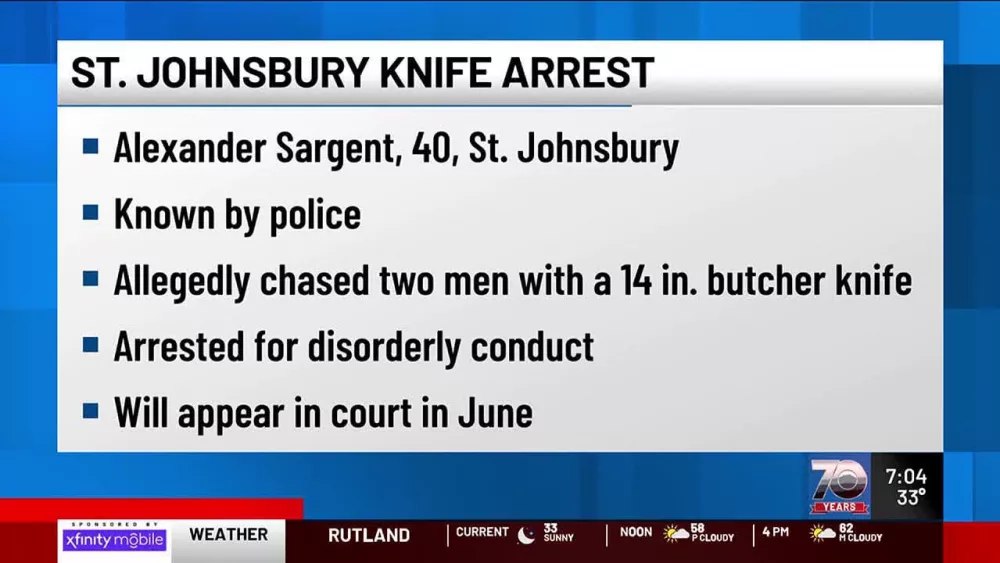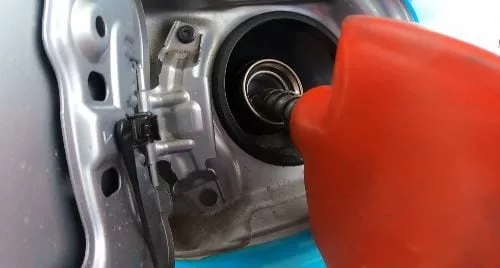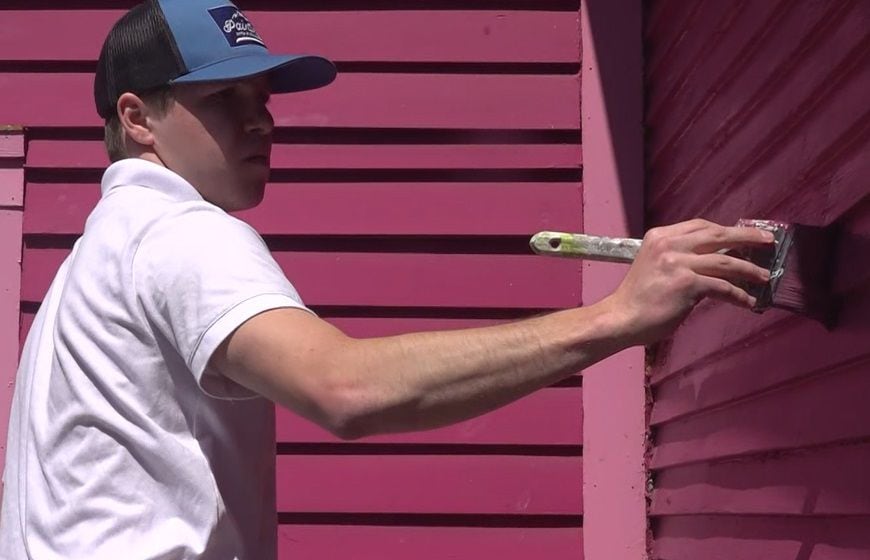BURLINGTON, Vt. (WCAX) – Burlington is taking electric vehicle chargers to new heights to meet its net-zero energy goal and make EVs more accessible. Vermont’s first pole-mounted EV chargers are coming to the Queen City.
Hybrid car owner Matthew Planchard knows firsthand the convenience of charging your car at home.
“Charging anywhere other than home is difficult sometimes,” Planchard said.
Many of his neighbors on Burlington’s Spruce Street who rent can’t install a home charger. Instead, they plug into standard electrical sockets– level one slower chargers.
Planchard wants a faster charge close to home.
“Having the infrastructure helps with that because the biggest thing is range anxiety. Like especially going out to the mountains to go skiing or whatever, it’d be nice to know it’s easy to get a full charge as quickly as possible,” he said.
Luckily, Planchard’s neighborhood was just selected for a fast-charge EV charger that mounts to an electric pole. It’s a Burlington Electric Department initiative made possible with a state grant to expand on-street EV charging and bring the city closer to its goal of net zero energy by 2030.
BED analyzed Burlington neighborhoods where most residents live in apartments without off-street parking access, identifying five neighborhoods– like Spruce Street in the South End– eligible for pole-mounted chargers.
The charger sits about halfway up the pole. With the tap of a button on a charging app, the charging gun slides down to the driver for a standard 20 cents per kilowatt-hour charge.
BED chose the charger to accommodate neighborhoods with dense street parking.
“We’re not taking up an extra parking space for example, we’re able to do this in a way that really preserves all the parking but just brings the charger down to the space,” said Darren Springer of the Burlington Electric Department.
State housing officials say the chargers could be revolutionary for the 30% of Vermonters who rent and the many who live in multi-unit homes which pose their own set of challenges to at-home charging.
“The charging solutions for those shared locations are often more costly than the kinds of charging solutions that are available in single-family homes,” said Bronwyn Cooke of the Vt. Department of Housing and Community Development.
BED will pilot the program for five years, testing whether the chargers increase EV ownership.
“If it works well and if the community is supportive of it, we’d love to do more of it over time,” Springer said.
Planchard believes the chargers will bring more EVs to his neighborhood.
“I think having the charging infrastructure helps with that for sure,” he said.
BED says installation will begin in the next couple of weeks.





